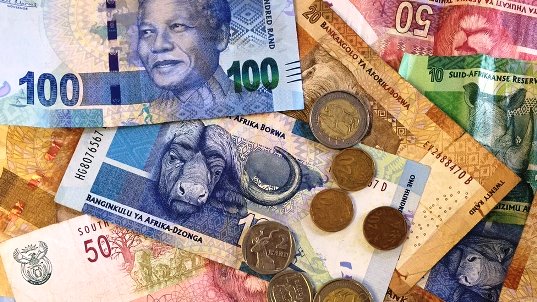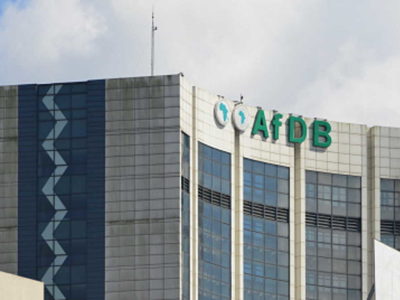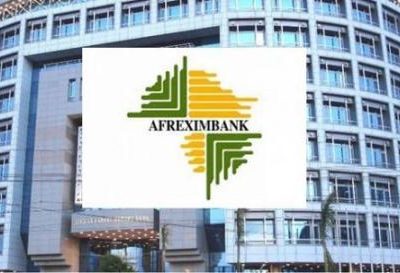The South African Rand strengthened following some positive macroeconomic signals although it could remain exposed to a strong US dollar. The South African Reserve Bank’s (SARB) Financial Stability Review pointed to easing inflationary pressures and improved financial stability. An improving electrical power situation and the possibility of rate cuts could also support corporate earnings and boost investor sentiment, contributing to a positive near-to-medium-term outlook for the economy and the stock market.
However, Trump’s trade policies and associated global market volatility present a mixed outlook for South African financial markets. The Rand, already sensitive to global risk sentiment, may face downward pressure from potential disruptions in trade with key partners, particularly the U.S. and China. Protectionist policies and the threat of higher U.S. tariffs could hurt South Africa’s export potential, especially if global demand weakens.
Moreover, lingering uncertainties over oil prices, although somewhat alleviated by Middle East stability, could pose inflationary risks, potentially offsetting the benefits of slowing domestic inflation and lower interest rates. While the positive economic developments post-election may cushion the effects, global challenges remain notable.




















